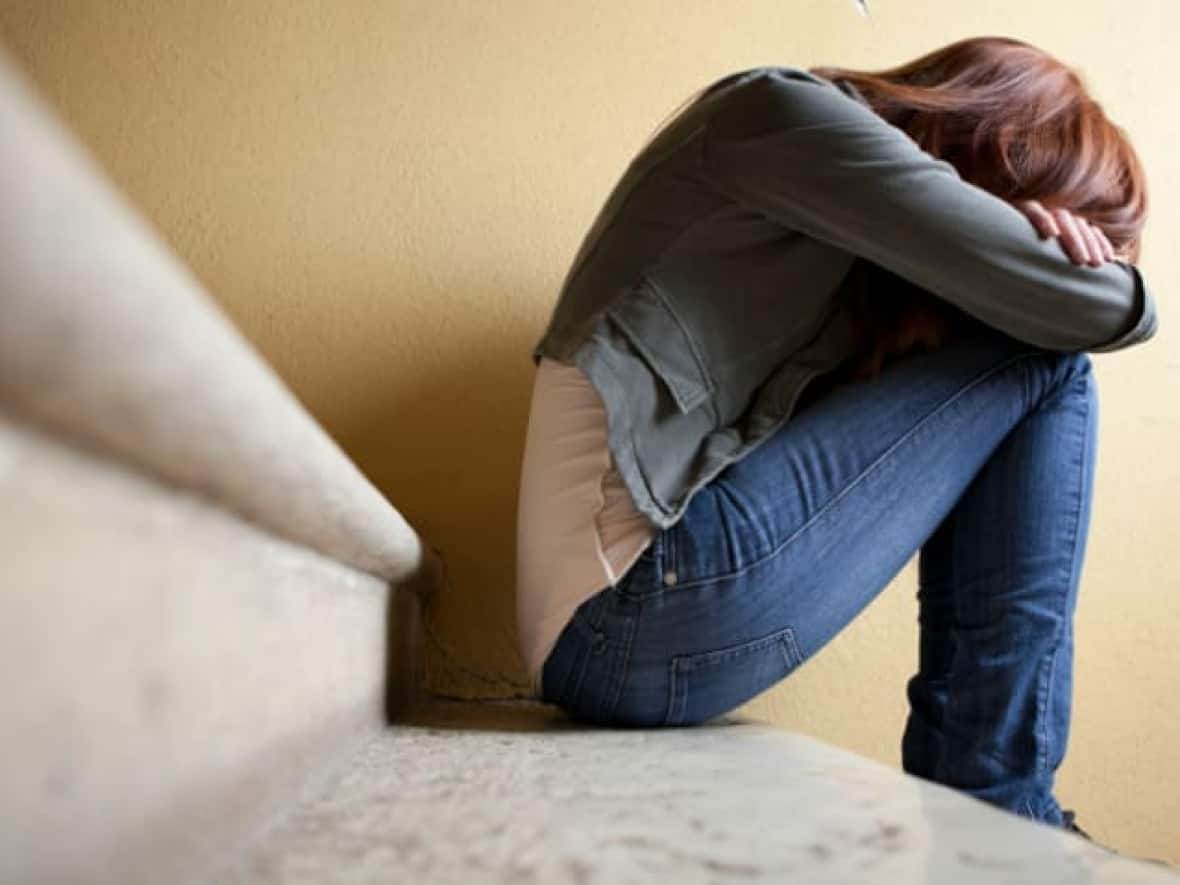Deadly overdose crisis escalating among Alberta children and youth, child advocate warns

WARNING: This article contains details of self-harm.
Four months after child intervention workers withdrew services, 13-year-old Wren died from a drug overdose.
The Alberta girl, who loved to hike, camp and swim, had a traumatic upbringing marked by family violence and addiction.
She began harming herself and abusing drugs at a young age. At 12, she tried to overdose on over-the-counter medication. The following year, she died of drug toxicity.
Wren's death represents an alarming trend, Terri Pelton, Alberta's child and youth advocate, cautions in a new report released Tuesday.
The report details the deaths of 18 young people in the six-month period between April 1 and Sept. 30, 2022. Wren's name is a pseudonym, as are the names of other young people in the report.
Under Alberta law, the child advocate must conduct reviews into the deaths of young people who die in care or within two years of receiving care.
Twelve of the young people in Pelton's report were receiving child intervention services at the time of their deaths. Six others had received intervention services within the previous two years.
Of the total 18 deaths, five were caused by drug toxicity. In another two cases, the manner of death was listed as suspected drug toxicity.
"The Office of the Child and Youth Advocate continues to receive notifications about a large number of young people dying from drug-related causes," Pelton writes in the report. "Of significant concern, this crisis is impacting younger children."
Wren, at 13, was the youngest to die from drug toxicity. All but two of the young people between the ages of 13 and 19 in the report had "significant substance use issues," Pelton writes.
In addition to making two recommendations to strengthening cultural connections for Indigenous youth in care, Pelton calls for urgent action from the provincial government to address a crisis of deadly overdoses among young people.
Alberta needs to implement a youth opioid substance use strategy to prevent the tragic loss of young lives, Pelton said.
'Enduring connections' lacking
Of the children who died, 14 were Indigenous. Pelton found that over half of them were disconnected from their families, communities, and culture.
Pelton is calling on the Children's Services ministry to improve the way it maintains a connection between Indigenous children in care and their home communities.
She recommends the ministry examine the connections for each Indigenous child in care, and identify tailored actions that build and strengthen these connections.
The planning for this care should be done in partnership with the child and their birth community; including elders, knowledge keepers and loved ones, she says in the report.
"While Children's Services has done work to strengthen policy and have planning tools and strategies in place to foster familial and cultural connectedness, we continue to see a lack of enduring connections."
Caseworkers are required to complete an ongoing connections plan for each child in government care, but half of the Indigenous youth who died care during the review period did not have a plan completed, Pelton says.
Examination findings should be public
She says ministry workers should also publicly report on their findings from their examinations of all Indigenous children within 12 months, and provide ongoing annual updates.
Public updates would provide transparency and foster collaboration with Indigenous communities, she said.
In a statement, Mickey Amery, Alberta's minister of children's services, said the well-being of youth in care remains a top priority and the province will continue to take the advocate's recommendations seriously.
If we don't take care of these young people now, what kinds of issues are we going to be looking at once they're out of that system? - Cheryl Whiskeyjack
Cheryl Whiskeyjack, executive director of the Edmonton-based Bent Arrow Traditional Healing Society, which serves Indigenous youth and families, was part of an expert panel consulted for the report.
She said the overdose deaths are stark reminder of the broader implications of severing connections between Indigenous children and their communities.
"That clearly demonstrates to me, young people that don't have meaningful connections are self-medicating to try and ease that sense of isolation that they're feeling," Whiskeyjack said.
The deaths are a warning that children across the system are struggling, she said, and that without adequate support, they will carry their traumas into adulthood.
"It's a death review but it is also an indicator of the people who have survived," Whiskeyjack said.
"If we don't take care of these young people now, what kinds of issues are we going to be looking at once they're out of that system?"
2 others died
Pelton's report includes a review of one young person who died prior to the six-month time period, but whose review had been stayed.
Two more young people died during the review period; however, the investigations into those cases have been stayed and will be released at a later date.
Seven of the deaths in Tuesday's report have been attributed to natural causes. Four remain under investigation by the medical examiner.
The death of the youngest child, an Indigenous toddler described as quiet and kind-hearted, remains the subject of a criminal investigation.
The toddler had been recently returned to her mother's care when she was found unresponsive. The mother has been criminally charged.
Pelton's office would not comment on the police investigation, citing privacy legislation.
The toddler was buried with her favourite toy, Buddy.
If you or someone you know is struggling, here's where to get help:


